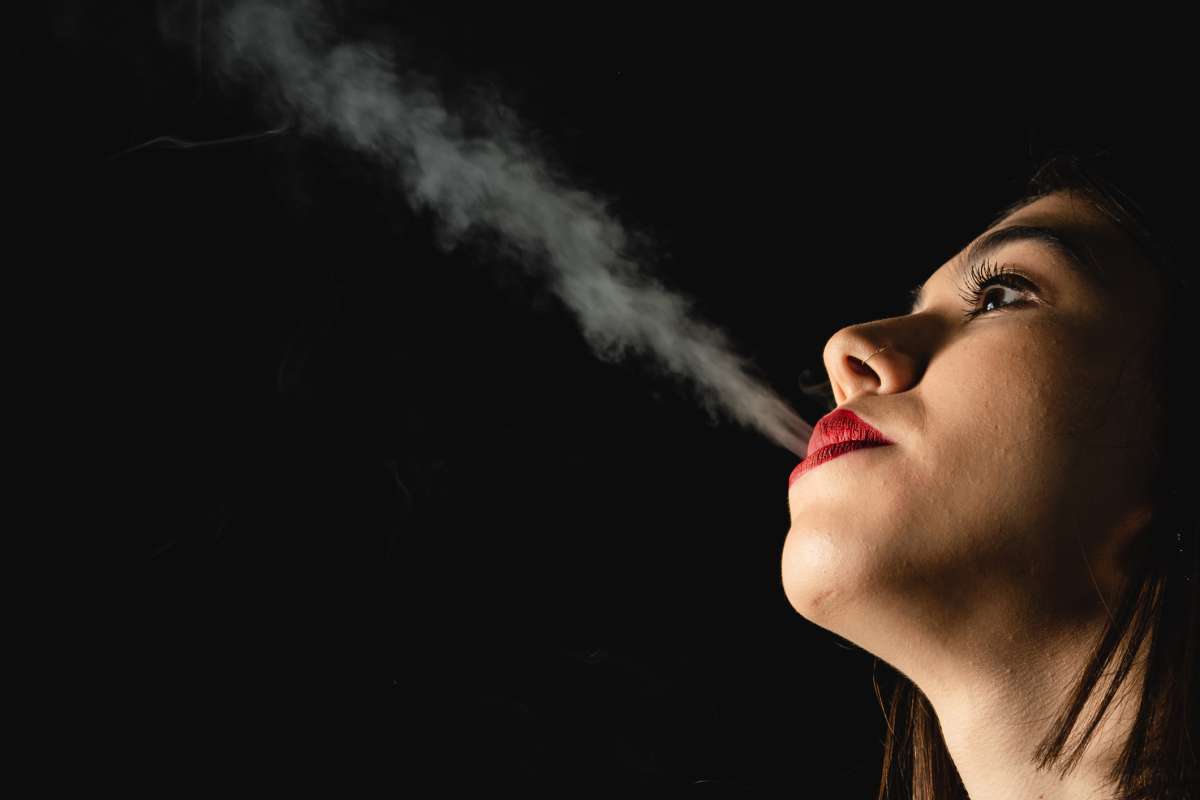From its depiction in pop culture to worldwide discussions surrounding decriminalization and legalization, marijuana use has been a central point of discussion in both policy and household arguments for generations. Yet the question remains in the minds of many – is it dangerous? And if so, how dangerous? Furthermore, what about teen marijuana use and its effects on adolescents?
While it is still a Schedule I drug, marijuana cannot quite be compared in the same vein as heroin or cocaine. Years of research have shown us that it is impossible to overdose on a drug like pot, and statistically speaking, it does not have the addictive potential of “harder” illicit substances. For comparison’s sake, marijuana is still named in the same breath as ecstasy and LSD, while schedule 2 drugs include cocaine, meth, and Ritalin.
But that does not make it a harmless substance, nor does it relegate marijuana to the likes of nutritional supplements or minor over-the-counter medication. Marijuana has a psychoactive effect on the brain, can be linked to cases of addiction, and can have long-term consequences for heavy or chronic use, especially in teens, who are more prone to the effects of mind-altering substances.
Is Marijuana Dangerous for Teens?
Marijuana, pot, or cannabis, is a drug derived from the cannabis plant, usually split into two major variants: Sativa and Indica.
Marijuana Strains
There are countless different popular strains of marijuana, each of which features different concentrations of CBD and THC, two of the main chemical components that give marijuana its mind-altering properties. In general, THC is considered the “active ingredient” in marijuana, while isolated CBD lacks the components needed to create a “high.”
Marijuana today is more potent, meaning it has a higher concentration of THC than in previous decades. This makes the drug more powerful, but grown, and harvested marijuana is still limited in its effects on the human brain.
Side Effects of Teen Marijuana Use
We do not know if marijuana use, even at a high level, leaves a permanent mark on the brain the same way alcohol, meth, or cocaine does.
Overall Long-Term Effects
But we do know that both the short-term and long-term consequences of THC in early adulthood and adolescent years include short-term memory loss, negative impact on cognition and coordination, poor time perception, and lowered attention.
In other words, even by the most conservative estimates, marijuana use affects a teen’s ability to do well at school by interfering with their memory and capacity for problem-solving.
Risk-Taking and Lowered Inhibition
Because marijuana is a psychoactive drug, it also affects risk-taking attitudes and natural inhibition, meaning that people who use marijuana are more likely to get into risky situations, accidents, and engage in unprotected sex, which makes the transmission of STDs more likely.
Teen Marijuana Use and Driving
The effects of marijuana on driving are less apparent. Studies that do point towards a greater likelihood of impairment show low to moderate effect sizes. Marijuana may increase reaction times (i.e., it takes longer for you to react to something on the road) and increase lane weaving, but also improve following distance. One way or another, it’s still clear that any and all mind-altering substances, from alcohol to pot to an inordinate amount of caffeine, increase the risk of a crash on the road.
Lack of Focus in School
If your teen is using pot, at the very best, it may be affecting their ability to focus on school and retain information learned between lessons – even if they aren’t using the drug on school premises. The CDC notes that adolescent marijuana use can also affect the development of the brain in negative ways, affecting teens later in adulthood.
Mental Health and Teen Marijuana Use
At the very worst, high levels of marijuana use may be a sign of something worse – such as self-medication for anxiety issues, or an emotional crutch, repressing their actual, urgent mental health problems.
Some studies also indicate that teens with a family history of schizophrenia and other acute psychotic mental health issues are more likely to experience an episode of psychosis if they use marijuana frequently. If your teen is often high, there may be more going on than just some light experimenting between friends.
Is Teen Marijuana Use Increasing?
While drug use has dropped significantly across nearly all substances among children and adolescents, the two major exceptions are vaping and marijuana.
At least part of the reason for this growth in use comes from the increased acceptance of marijuana as a recreational drug as a whole. However, it’s clear to most adults that there is a distinction between considering legalization and making pot available to teens.
Many teens might not be considering the dangers of pot use at their age because they aren’t aware that marijuana can affect developing brains differently than fully-developed brains, or they might not consider that the long-term consequences of pot use during school time might affect their ability to finish school and launch into their work lives.
As of about 2019, more than one in three high school students in the US has tried marijuana, and one in five has used the drug as recently as last month (when surveyed). Mental distress from increased anxiety, victimization, or identifying as LGBTQ+ (and the stress that accompanies an undisclosed or unaccepted gender identity) was also linked to increased rates of marijuana use, highlighting the danger of marijuana as a common maladaptive coping mechanism for teens in need of effective mental health resources.
Recognizing Teen Marijuana Use
Some of the signs of teen marijuana use are classic and obvious, including its distinctive smell and common bloodshot eyes.
Sudden or strange changes in personality or behavior, including increased irritability and memory troubles, as well as a sharp increase in appetite, are also linked to marijuana use. Keep an eye out for common drug paraphernalia, including papers (to roll and smoke), loose tobacco, glass pipes, and the drug itself.
What Should I Do?
Talk to your teen. They might not consider marijuana use particularly harmful, but just because the drug has been extremely vilified with false claims in past decades does not mean it is a good or healthy idea to smoke weed as a teen. Impaired memory and decision-making aside, pot smoking has a definite effect on lung health.
Be upfront about the effects of marijuana based on modern, impartial research, so your teen cannot refute your claims. Make sure they know that your concern stems from a concern for their emotional and physical well-being, and let them know that they can be open with you about the thoughts and worries that might be plaguing them and driving them to use marijuana more often these days.
In cases of constant use, consider speaking with a mental health professional or a therapist about a drug intervention or a treatment for marijuana use disorder in teens who can’t stop or refuse to stop using weed. Marijuana use disorder does occur and can be treated with a professional treatment plan.
Treatment for Teen Marijuana Use at Visions
For more information about treatment for teen marijuana use, give us a call at Visions Treatment Centers.








